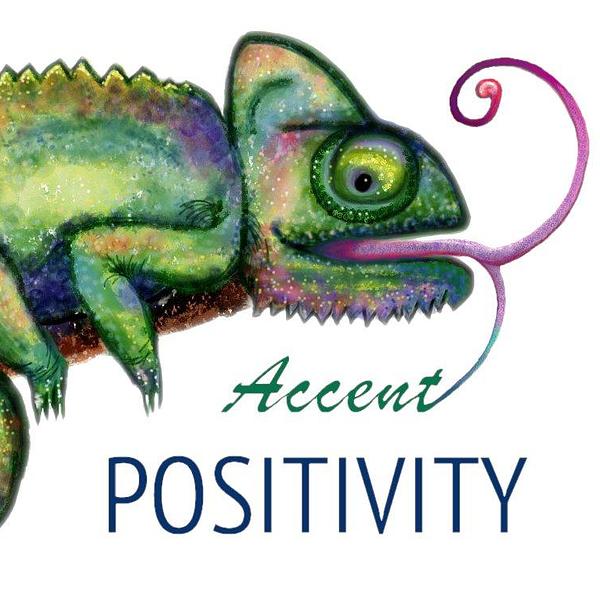
2020-11-16
Post by Dr Maria Dokovova, BM Edinburgh Volunteer
One aspect of bilingualism that often flies under the radar is people’s accents. The “not what you say, but how you say it”.
English language academics have often defined bilingualism as the ability to pass for a monolingual in each of the languages. However, it is one of the earliest and some of the more recent definitions that emphasise the fluid aspect of people’s accents and thankfully don’t require people to erase their identities to be counted as bilinguals.
You don’t need to look far to see the impact of the strict bilingualism definitions. Indeed, the foreign language learning outcomes listed by the Bulgarian Ministry of Education expect high school students to use a native-like accent in their chosen foreign language. The Ministry diplomatically refrains from specifying which native accents are acceptable. As someone who has attended a Bulgarian high-school, something tells me that regional native accents or an accent that matches the students’ social class within their second language might be discouraged by their teachers. Of course, I would love it if I was proved wrong!
The more insidious impact of this philosophy lies in the feelings of shame and inadequacy that it breeds among foreign language learners. Most people I know who have tried to speak a foreign language are immediately faced with how different they sound from the “native” standard. Moreover, second language accents are a mockery staple, especially in a classroom full of teenagers. This results in unwillingness to speak, or in people harboring shame in the failure to change something that is inextricably linked to their identity.
Changing our accent is linked to accepting a new identity. Fellow second language English speakers have asked me countless times to help them get rid of their Bulgarian accent. And why not? If your native accent will lower your score in standardized language testing, lead to lower levels of trust, and lower intelligibility then frankly, I might want to consider changing my accent as well!
And so I have, actually. I still remember how alien it felt when I was in high-school in Bulgaria. Every time I tried to adopt an English ‘received pronunciation’ twist, I felt like I was lying to everyone by trying to be someone I am not. However, later in my life, when I was immersed in an environment that led me to rapidly grow as a person, I effortlessly absorbed the accent of the young US women I was surrounded by and whom I ended up identifying with. So, every time I get a compliment for not sounding like someone who identifies as Bulgarian, I take that as a reflection of the person’s values rather than a compliment on the effort that I didn’t actually put into changing my accent.
There is so much more to be said on this topic and we want to encourage everyone to share their perspective and experiences online using this hashtag: #accentpositivity
For now I just want to challenge the reader to try the following exercise. [Disclaimer: I do this exercise regularly, because I need it too: challenging feelings and assumptions that arise automatically after years of societal conditioning is not wrong because it feels uncomfortable.] Consider these questions and how they make you feel: What if people’s accents are just an element of their identity? What if my accent is just an element of my identity? What if they are not a moral choice, or a failure at tongue gymnastics? For the sake of this mental exercise, what does it feel like to accept people’s accents with positivity for what they are?
As a society we are already trying not to treat people poorly because of their skin colour, size, sexuality, gender identity, religion, social class or place of origin. All of these facets can find a way to express themselves in people’s accents and voices. Do we want to encourage their erasure? Or can we adjust to society’s expectations to embrace the myriad wonderful accents our individual identities have created?
Further reading / academic sources
